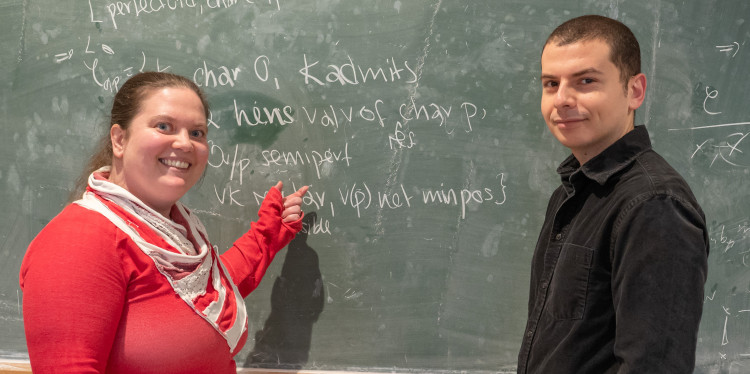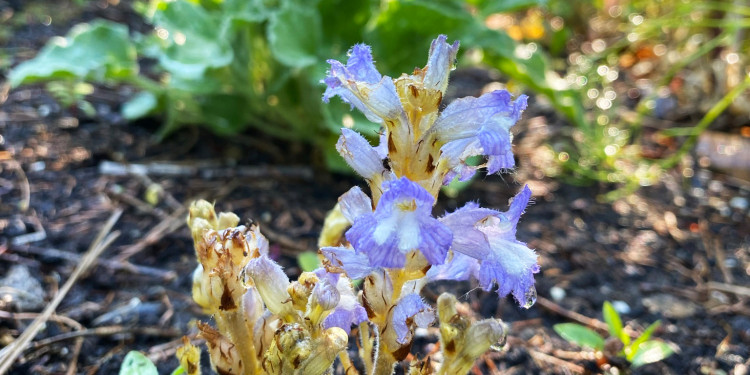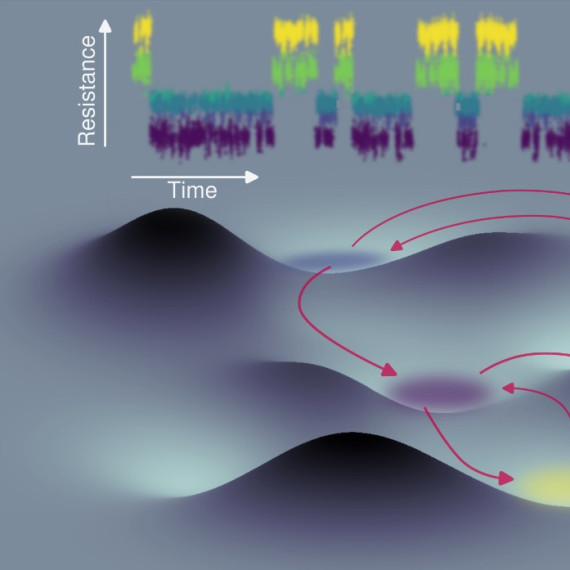

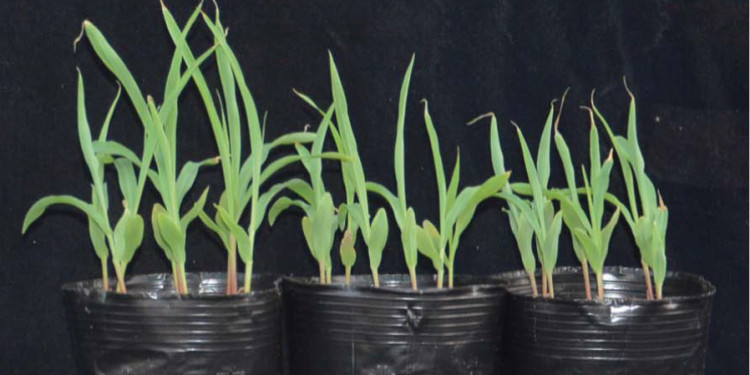
Research team discovers new mechanism of salt tolerance in maize
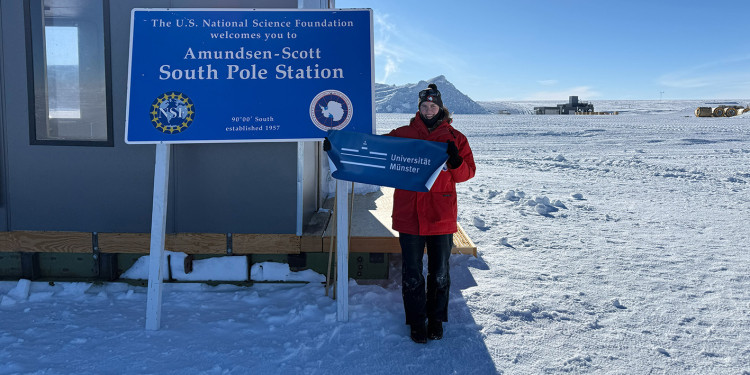
PhD student Berit Schlüter provides an insight into her life on the South Pole
Events
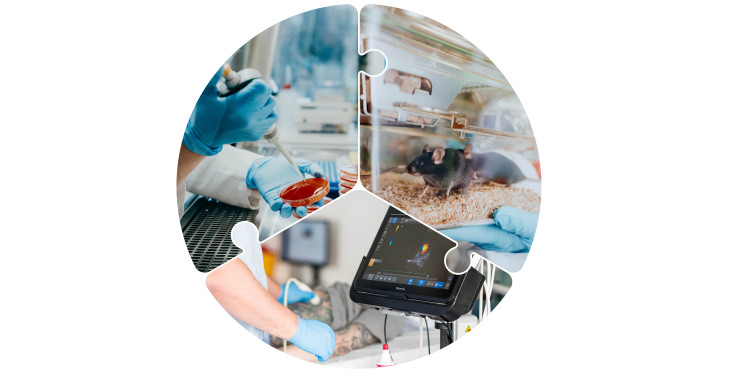
How Münster, as a Centre of Medicine, transfers knowledge faster to patient care
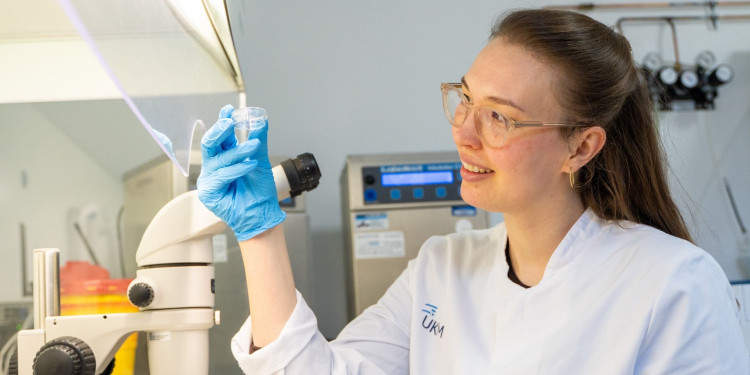
Investigating the pathways to a successful pregnancy
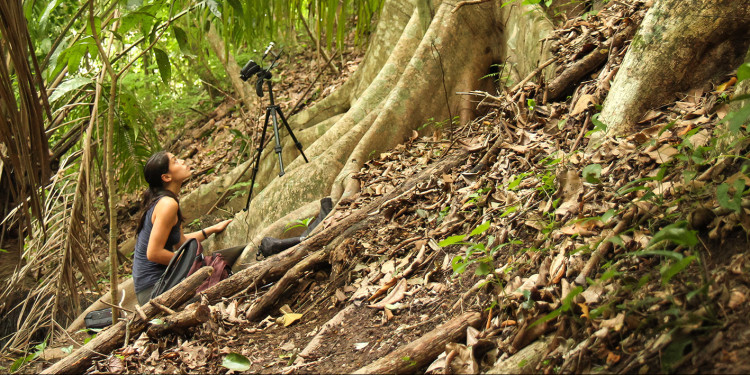
Ahana Fernandez does research in the rainforest in Panama

A temptation with a loophole
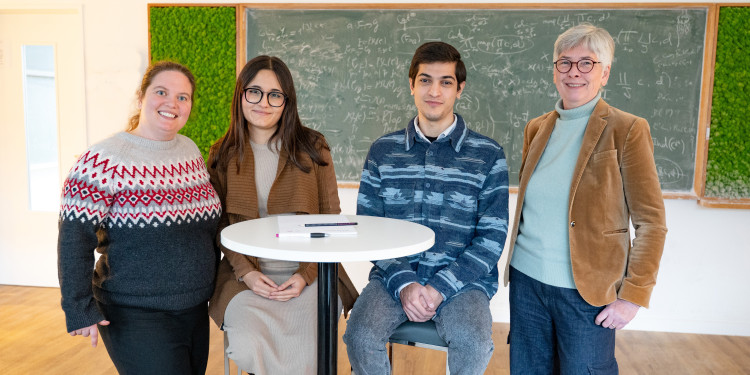
Funding for two exceptional mathematics students
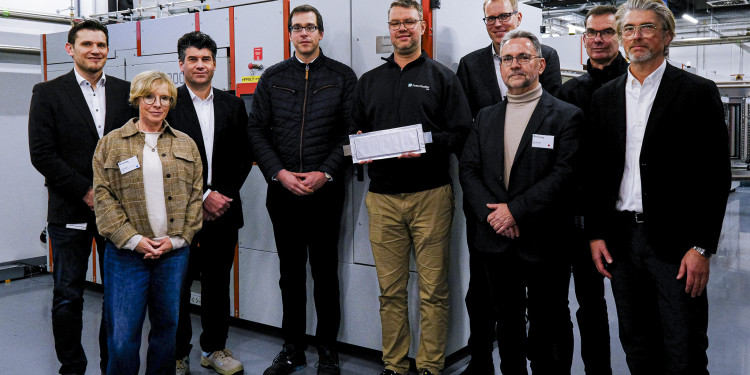
First battery cell from ‘FFB PreFab’
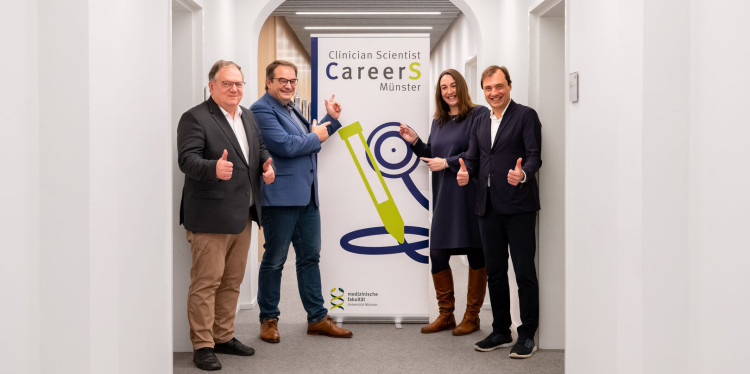
Renewed funding to support physicians engaged in research
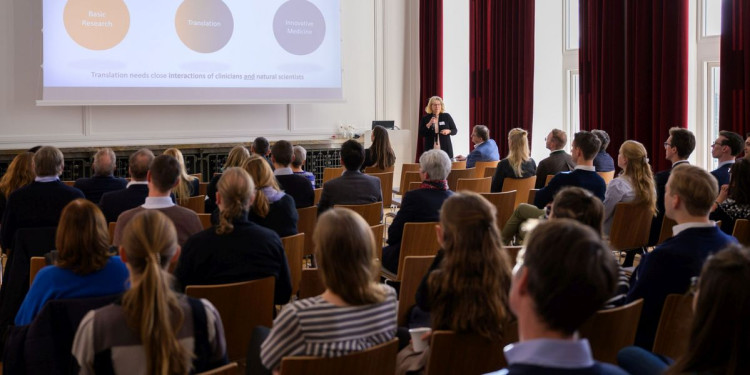
Funding extended for Medical Scientist Programme ‘InFlame’
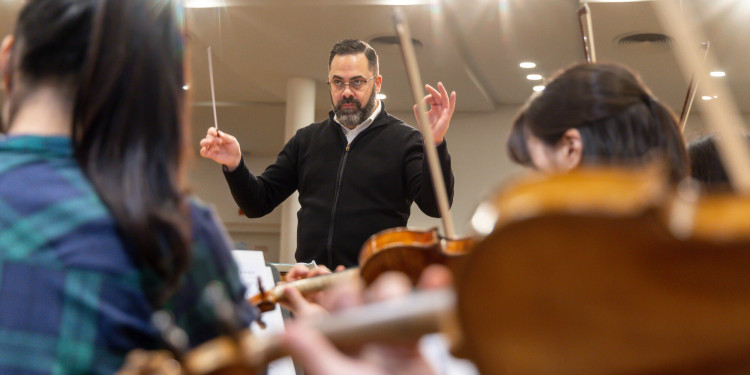
Interview: Miloš Dopsaj on the tasks, efforts and challenges of being a conductor
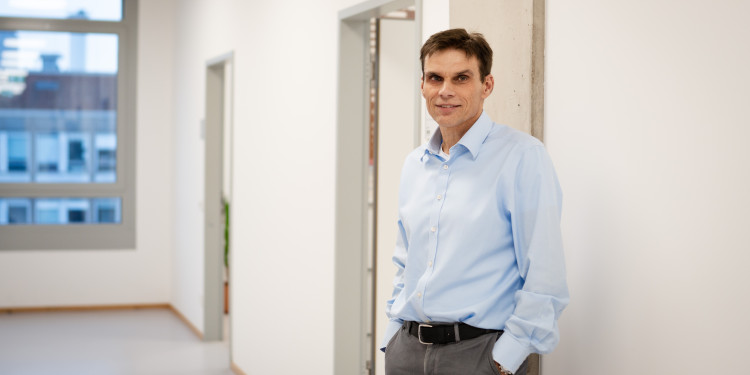
Leibniz Prize for chemist Armido Studer
Your search did not match any of our news releases.
Suggestions:
- Make sure that all words are spelled correctly.
- Try different keywords.
- Try more general filters.
- Expand the period of time.

